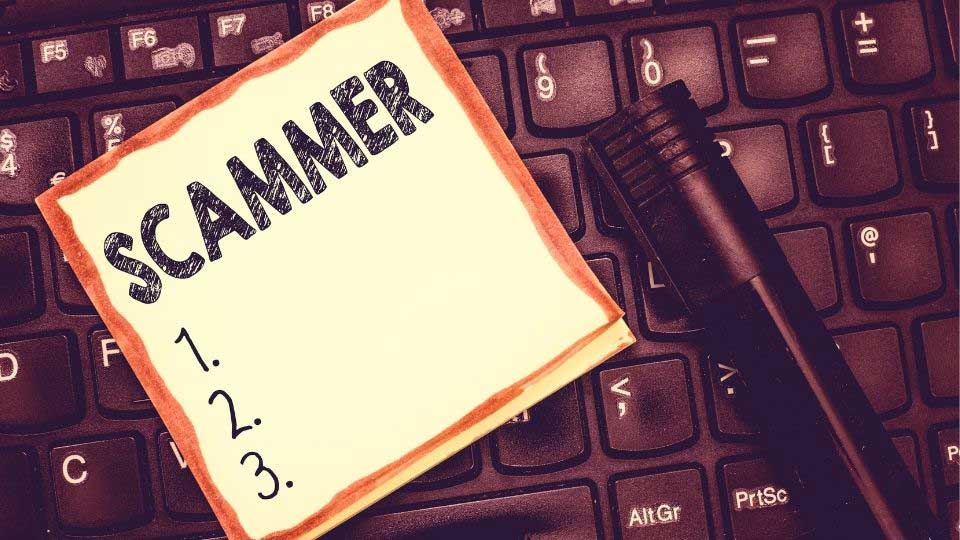
Scammers – love ’em or hate ’em?


I know that the question in the title may seem a rhetorical question, but someone with enough common sense as not to fall into their traps, scammers can at times make you have a laugh. It’s not only their poor command of English (which is more than often the case, although they fancy using English names), but also their naivety to think people will actually fall for their scam. Unfortunately, some (very few I hope) actually do. The young and inexperienced in particular, and the ones who do not do some research before replying in general.
As a translator, and especially if you are registered on websites dedicated to this profession (directories/ databases), you are very likely that at some point you will be contacted by a scammer.
Most scams follow the same pattern: they contact you saying they need your translation services (most of the times quite a large amount of work, which in turn would mean potentially good earnings), then they send you a cheque (most likely a traveller’s cheque) with a lot more money than you may have asked, and they apologise and ask you to send them the difference by Western Union. If you do, then you’ll later discover (invariably) that the cheque they had sent bounces off and you’ll lose twice: once the money you sent and then the fees to the bank for trying to cash the false cheque.
How can you spot and avoid scammers? Well, if something smells fishy, it probably is. Why would someone (who has never met you) send you, for example, £5,000 when you have told them the translation would cost in the region of £1,000? Also, you would expect a manager (or executive-level person) – this is how they introduce themselves – to be able to write (or ask someone else) a correct email. Especially if they have an English-sounding name (Charles, Randy, Hank… – all real examples from scam emails) and very poor English (basic grammar mistakes).
Another rule of thumb is to Google it. Check forums and you might discover that the same email had been sent to different people. Don’t let yourself fooled if they pretend to be from even a well-known company. The probability is that they are using that company’s name to get your trust. Check the company website, give them a call to ask if the email was genuine or not. If they are using a free email account (Yahoo, Gmail) whilst pretending to write on behalf of the company, press the Delete button and forget about them, or….
When I said you could have fun (that is if you also have the time), I was thinking about a way you can turn the scam towards them, make them lose some money (and time). I was reading on a forum that a translator, who definitely recognised all the tell-tale signs of the scam, deliberately let them send the cheque (and apparently it cost the scammer $18 – it’s not much, but if ten or twenty translators did that….) and when they started asking her to return the difference, she said she would once the cheque has been cleared (which would not have happened obviously). So they kind of became desperate and asked her if she could send at least some of the money. Which she did not, of course. On the other hand, it may be a bit risky, as if they send you the cheque, that means you have to give them your details – not really advisable.
So, scammers, can’t live with them, can’t live without them (or can we?).


